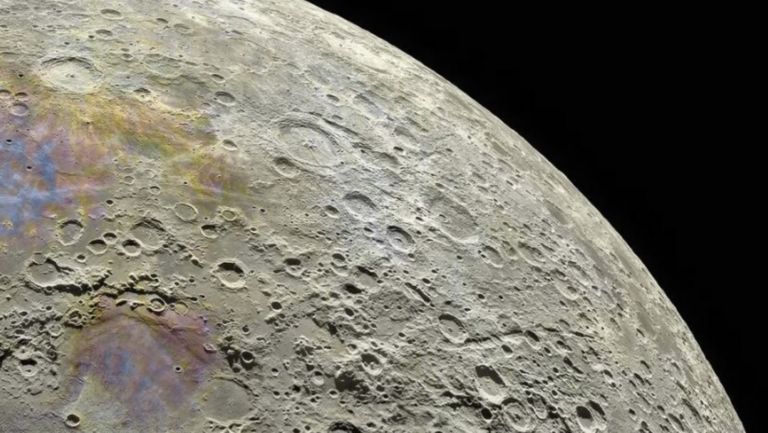
[ad_1]
The “most advance” moon photograph ever is now here! A Kurdish astrophotographer, Darya Kawa Mirza, has finally captured the moon with all its interesting surface details, which, most likely, “no one has ever seen before”.
Talking to the social media platform Instagram, the Kurdish astrophotographer shared a series of high-resolution, artificial intelligence-free, pictures of the surface of the moon.
These pictures, Mirza said, are the “sharpest” and the “clearest” moon images the astrophotographer has taken.
Notably, it took Mirza four days of continuous moon observation and shooting to get the perfect picture. Sharing details and facts about the photo, the astrophotographer said the image is about 708 gigabytes large, and over 81000 images were stacked to achieve the right one.
For photo enthusiasts, the image Mirza shared has an image resolution of a whopping 159.7 megapixels.
“By merging 4 different moon phases and merging the shadow area, it reveals an interesting topography of Lunar surface,” said Mirza in the post.
Mirza also shared that the Skywatcher Flextube 250p Dobson Ian telescope, modified on equatorial mount NEQ 6pro, was used to monitor the moon, while Canon EOS 1200D was used to capture the minerals, and ZWO ASI 178mc for details.
The astrophotographer specifically mentioned that no AI was involved in the image.
“This is what the moon looks like if it was a flat disk with mountains on it,” Mirza added.
Reddit discusses ‘clearest’ moon picture
Mirza’s “clearest” moon picture was posted on Reddit, sparking a discussion among astro and photography enthusiasts.
A user questioned if the colours in Mirza’s image were representative of actual metals and minerals on the Moon, to which a fellow user replied that they were not what the human eye would naturally perceive.
“The saturation has been increased to highlight geological differences on the lunar surface,” the user explained, adding that the reddish areas indicate high iron and feldspar content, while the blue-tinted zones have higher titanium content. “Instead of viewing the colours as ‘real’ or ‘fake,’ it’s more accurate to consider them as a tool that simulates what one might see with enhanced detection capabilities.”
[ad_2]